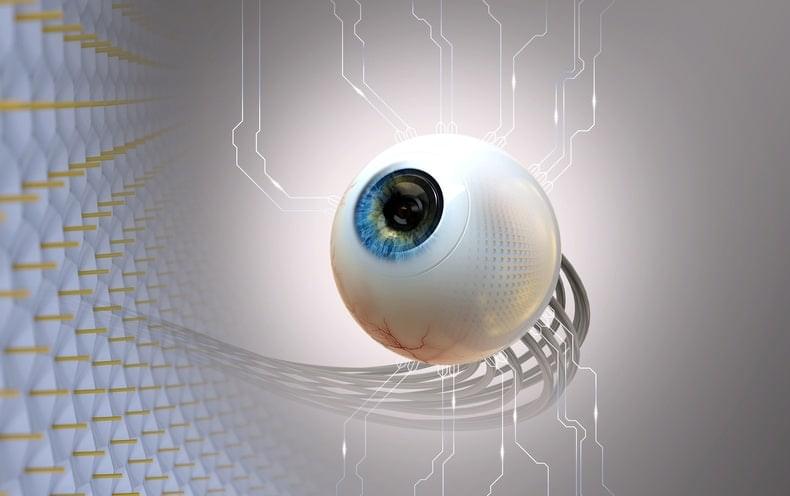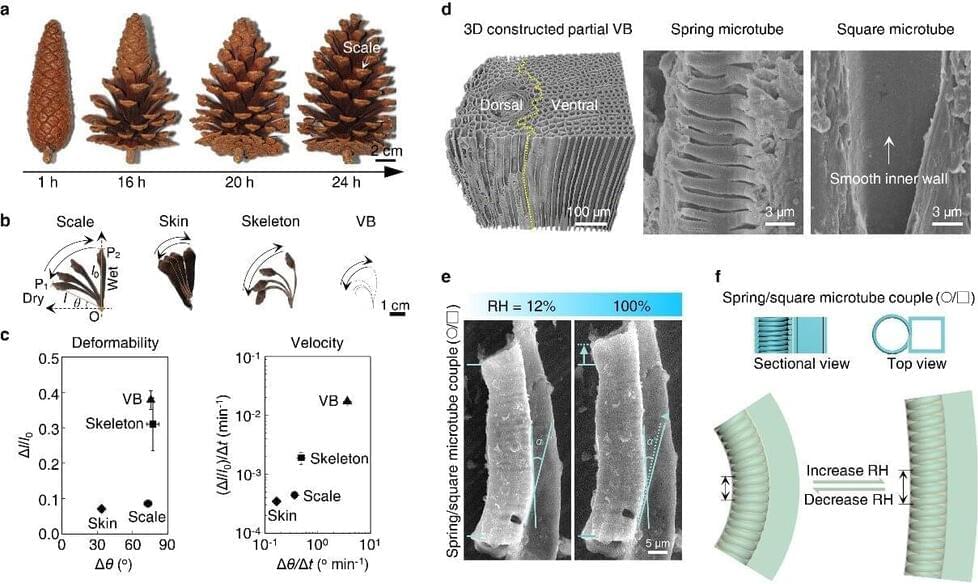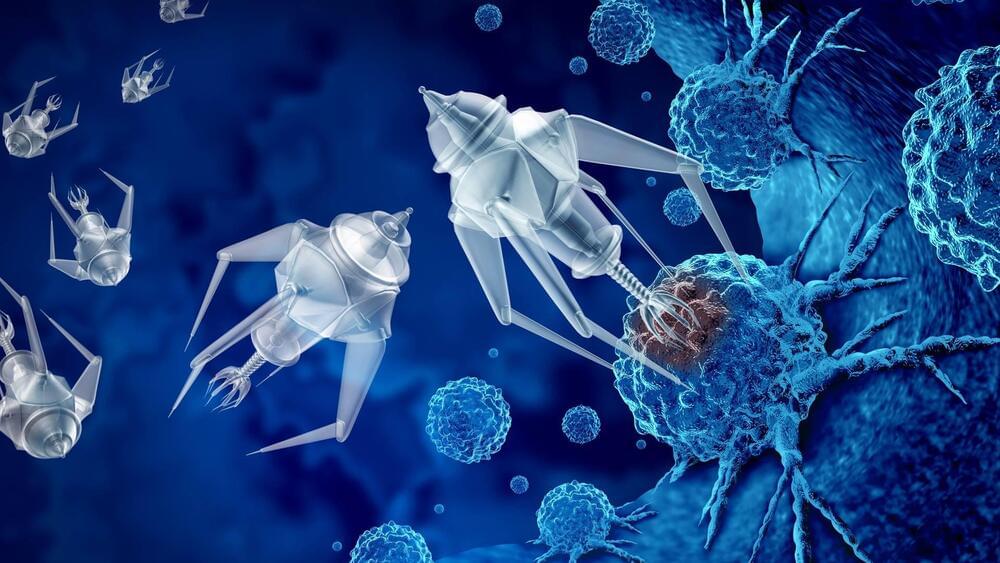Neuralink’s invasive brain implant vs phantom neuro’s minimally invasive muscle implant. Deep dive on brain computer interfaces, Phantom Neuro, and the future of repairing missing functions.
Connor glass.
Phantom is creating a human-machine interfacing system for lifelike control of technology. We are currently hiring skilled and forward-thinking electrical, mechanical, UI, AR/VR, and Ai/ML engineers. Looking to get in touch with us? Send us an email at [email protected].
Phantom Neuro.
Phantom is a neurotechnology company, spun out of the lab at The Johns Hopkins University School of Medicine, that is enabling lifelike control of robotic orthopedic technologies, such as prosthetic limbs and exoskeletons. Phantom’s solution, the Phantom X, consists of low-risk implantable sensors, AI, and enabling software. By providing superior control of robotic orthopedic mechanisms, the Phantom X will drastically improve the lives of individuals with limb difference who have yet to see a tangible improvement in quality of life despite significant advancements in the field of robotics.
Links:
[email protected].
https://www.linkedin.com/in/connor-glass-md-010124141/
https://www.linkedin.com/company/phantomneuro/
https://twitter.com/phantom_neuro.
PODCAST INFO:
The Learning With Lowell show is a series for the everyday mammal. In this show we’ll learn about leadership, science, and people building their change into the world. The goal is to dig deeply into people who most of us wouldn’t normally ever get to hear. The Host of the show – Lowell Thompson-is a lifelong autodidact, serial problem solver, and founder of startups.
LINKS
Youtube: https://www.youtube.com/channel/UCzri06unR-lMXbl6sqWP_-Q
Youtube clips: https://www.youtube.com/channel/UC-B5x371AzTGgK-_q3U_KfA
Linkedin: https://www.linkedin.com/in/lowell-thompson-2227b074
Twitter: https://twitter.com/LWThompson5
Website: https://www.learningwithlowell.com/
Podcast email: [email protected].
Timestamps.


